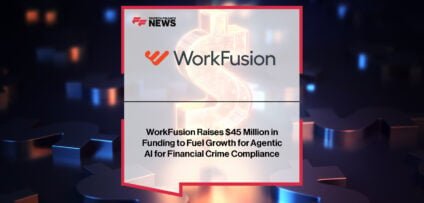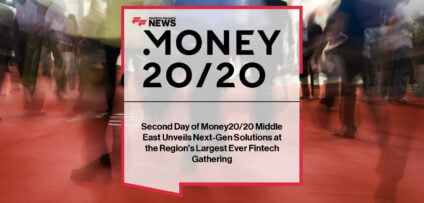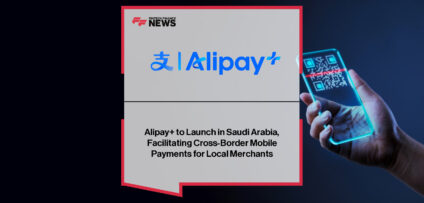Breaking News

Digital Payments Could Boost Tax Revenue by Nearly $500 Million Each Year in Tanzania
A new study from the United Nations-based Better Than Cash Alliance provides findings about the large potential gains for governments, businesses and citizens when digitizing payments.
Many emerging economies are grappling with how to modernize their economies, improve transparency, drive sustainable growth and advance financial inclusion. This study on Tanzania’s digital payment initiatives reveals the very strong results achieved by the government so far.
By digitizing the payments businesses and people make to the government, Tanzania has already:
- Empowered its tourism sector by reducing economic leakage from cash payments, such as conservation park entry fees, by over 40 percent, supporting investment and employment.
- Cut bureaucratic inefficiencies, including reducing import customs clearance times from nine days to less than one day.
- Increased transparency between citizens and governments, by digitizing tax payments which has provided electronic proof of payments and protects people against fraud.
“Tanzania’s results in driving the shift from cash to digital payments are very impressive. The country has developed significant experience that has led it to achieve gains in revenue at double digit rates while also delivering social benefits for its citizens,” said Dr. Ruth Goodwin-Groen, Managing Director of the Better Than Cash Alliance. “Tanzania is building a firm foundation for strong and inclusive growth and we look forward to further progress.”
The study also provides important insights on how further expanding digitization of payments in Tanzania can fast-track the country’s economic modernization. Digitizing Value Added Tax payments and supporting formalization of businesses could increase tax revenue in Tanzania by at least US$477 million per year, a significant increase for a country with a total GDP of around $US47 billion and a low tax/GDP ratio of around 12 percent.
The new report reveals how Tanzania overcame obstacles of adopting digital Person-to-Government (P2G) and Business-To-Government (B2G) payments. For example, when small traders were reluctant to digitize their point-of-sale payment capabilities because they were required to bear the full costs of purchasing electronic billing machines, the government partnered with the Tanzania Trader’s Association to subsidize the costs.
Furthermore, these digitization efforts contribute to benefits beyond just the economy. They have wide-ranging positive impacts across society, such as driving social inclusion within Tanzania. For example, Sheru Hadha, a Tanzanian customer noted how digital financial inclusion has empowered her in her daily life. “Digital payments help women be more independent. Before, when we just had cash, it was very tough. To transfer money, I had to go to the bank, and they would ask me for a lot of information and require documentation. I had to line up for a long time, more than three hours. It was a big hassle,” she noted.
Other countries in the region have initiatives to digitize payments and, while many are in the early stages of their transition, the benefits are quickly being realized and becoming evident. For example:
- Kenya is targeting to double tax collections over the next three years through its tax filing electronic system, iTax.
- In Uganda, the Kampala Capital City Authority’s automated tax collection system boosted revenue by 167 percent in a single year.
- Rwanda drove nearly 80 percent adoption of electronic VAT payments made by Small and Medium Sized Enterprises.
Read the full report here
- Cheaper, Faster… Riskier: Over Half Of Brits Plan To Use ChatGPT For Completing Their Tax Returns Read more
- WorkFusion Raises $45 Million in Funding to Fuel Growth for Agentic AI for Financial Crime Compliance Read more
- AI-Powered E-commerce, Stablecoins and Local APMs: Emerging Trends Headline EBANX’s Payments Summit in Mexico Read more
- Second Day of Money20/20 Middle East Unveils Next-Gen Solutions at the Region’s Largest Ever Fintech Gathering Read more
- United Gulf Financial Services Joins The Hashgraph Association and Exponential Science Foundation Adding $1M to Hedera Africa Hackathon Pool Prize Read more










